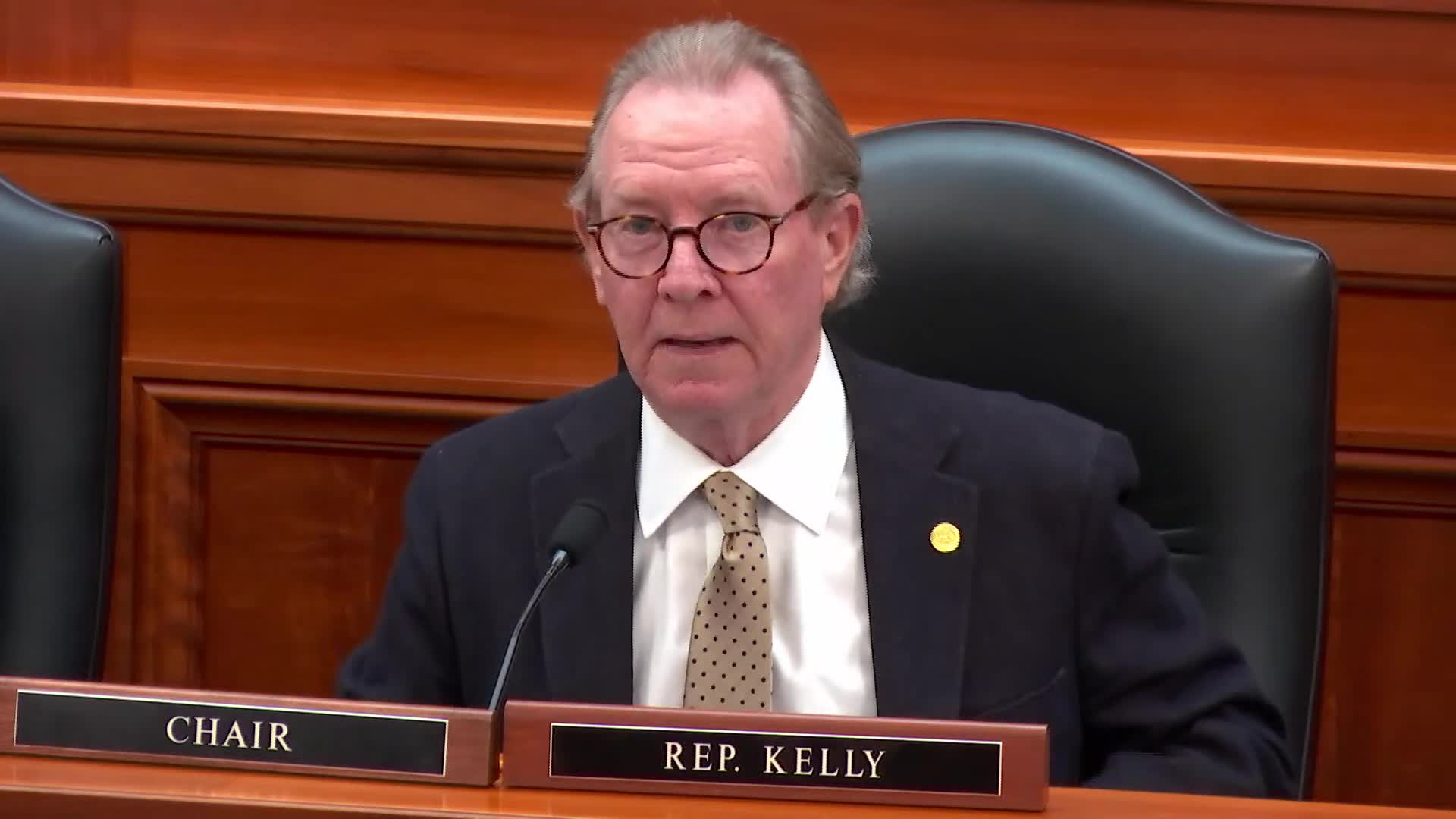Future Learning Council urges Michigan shift from seat time to competency-based learning

Summary
Superintendents from the Future Learning Council told a House appropriations subcommittee they want Michigan to move away from time-based pupil accounting and toward personalized, competency-based learning, asking for modest strategic grants and policy support to scale demonstration districts.
The Future Learning Council urged the House Appropriations Subcommittee on School Aid and Department of Education on Oct. 21 to pursue competency-based, personalized learning and to change Michigan’s pupil-accounting structures that tie funding to seat time rather than demonstrated mastery.
Dr. Lori Haven, superintendent of Perry Public Schools and a member of the Future Learning Council, told the committee the group has grown from about a dozen superintendents eight years ago to roughly 80 districts, intermediate school districts and charters working monthly to design models that let students progress after demonstrating competency rather than after fixed seat time. “We are really trying to look and be champions for that innovation, instructional practice and policy that supports personalized learning and competency-based mastery learning,” Haven said.
The Future Learning Council said its work is rooted in visits to national models and partnerships with organizations such as the Carnegie Foundation. The presenters described a multi-year professional learning sequence for district leaders, coaching between sessions, and three cohorts called Discover, Design and Thrive. Haven said the Council seeks small strategic grants to create demonstration districts and seed local capacity: “We’re not needing a lot, but we need a little bit for them to understand and learn what different can be.”
Committee members pressed the presenters on teacher preparation and scaling. Representative Jenkins Arnold asked whether the Council is working with colleges of education so new teachers enter the classroom already familiar with competency models. The presenters said they have engaged with teacher–preparation programs and plan demonstration districts so student teachers can have field experience in personalized models before entering local classrooms.
The Council framed urgency around labor-market change and new technologies. “AI is changing the face of our state right now as we sit here,” Haven said, arguing that a time-based, seat-time system will not prepare students for evolving workforce needs. Presenters highlighted examples from small districts: Perry Public Schools, a rural district with higher-than-average poverty that has participated in the Council’s multi-year coaching and professional development, described incremental instructional changes from kindergarten through 12th grade that teachers say increased student engagement and helped retain educators.
Committee chair Representative Kelly highlighted the Carnegie Foundation’s recent public recommendations to move beyond traditional Carnegie units and said the Council’s work aligns with an innovation conversation at the Michigan Department of Education. Representative Jenkins Arnold said she has worked with Council members in the past and described the effort as “a culture change” requiring more demonstration sites so colleges and student teachers see the model in practice.
No formal policy or statutory change was adopted at the hearing; presenters asked the committee to consider modest state investment, policy collaboration and partnership with the Future Learning Council to expand demonstration districts and aligned professional learning.
The subcommittee opened and closed discussion on the topic during the presentations portion of the Oct. 21 meeting.

